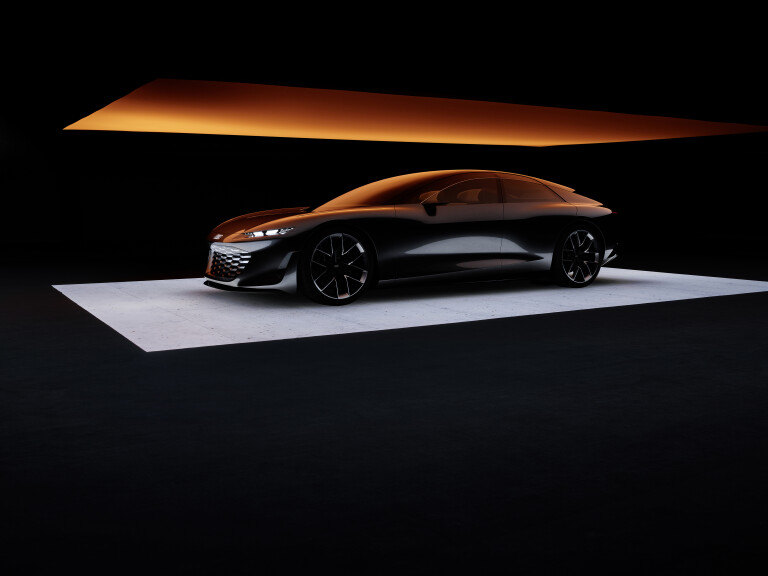
Audi ICE ban could be delayed if needed
- Audi remains locked on to e-mobility for entire range from 2033
- Last ICE powertrain in development will introduce more electrification and power
- Audi says last ICE cars will be its best
Audi has revealed its commitment to axing the internal combustion engine in 2033 could be extended if a battery electric vehicle push is waylaid by unforeseen circumstances.
Banning ICE cars from 2033 is key for Audi achieving total carbon neutrality by 2050, alongside heavy investment in battery electric vehicles. Only China is set to make ICE vehicles for Audi after 2033.

However, while speaking to global media during a presentation focusing on the company’s future and all-electric Grandsphere concept, CEO Markus Duesmann addressed the possibility of keeping the ICE beyond 2033 – if the plan to go all-electric is somehow derailed.
“We will do everything now that e-mobility becomes a huge success,” Duesmann said. And while he expects widespread government action to keep that vision on track, he added: “Should we notice … bumps along the road and we need the combustion engine longer, of course, there’s always the chance to produce them longer.”
'The last combustion engine powered Audi cars will be the best ones'
With 12 years until the looming deadline, Audi is developing one last engine, due in 2025. Duesmann stresses it will be a treat.
“The last combustion engine powered [Audi] cars will be the best ones,” he said. “And to continue developing and building them for longer is, of course, an option. But it’s something that I’m not counting on as we speak.”

When asked by Wheels on what will make this incoming engine the best ever from Audi, technical development boss Oliver Hoffmann was on hand to answer – revealing more electrification is on the way for ICE systems.
“These cars will be a synthesis of efficiency and performance enhancements because it’s not just a matter of filling the rules and regulations,” Hoffman said.

“We really want to take a huge step forward in the form of efficiency gains and performance gains.
“Which means we will be increasing the degree of electrification of these combustion engine powertrains.”
Speculating on this, it sounds like Audi might have a proper hybrid engine powertrain in development. And it may or may not be geared towards performance.

Currently, the closest Audi’s ICE fleet comes to electrification is a 48-volt mild-hybrid system designed to broaden fuel-saving scenarios. But it does not exclusively propel the car with electric power.
The most potent car Audi builds as a ‘mild hybrid’ is the Audi RS6 Avant, relying on a 4.0-litre twin-turbo V8 outputting 441kW/800Nm.
Either way, Audi is expecting the next-generation engine to serve in more than one application, with Hoffmann adding that these engines will be sold in a range of segments.
It’s a bold future for Audi. Let’s wait to see what it brings.
COMMENTS